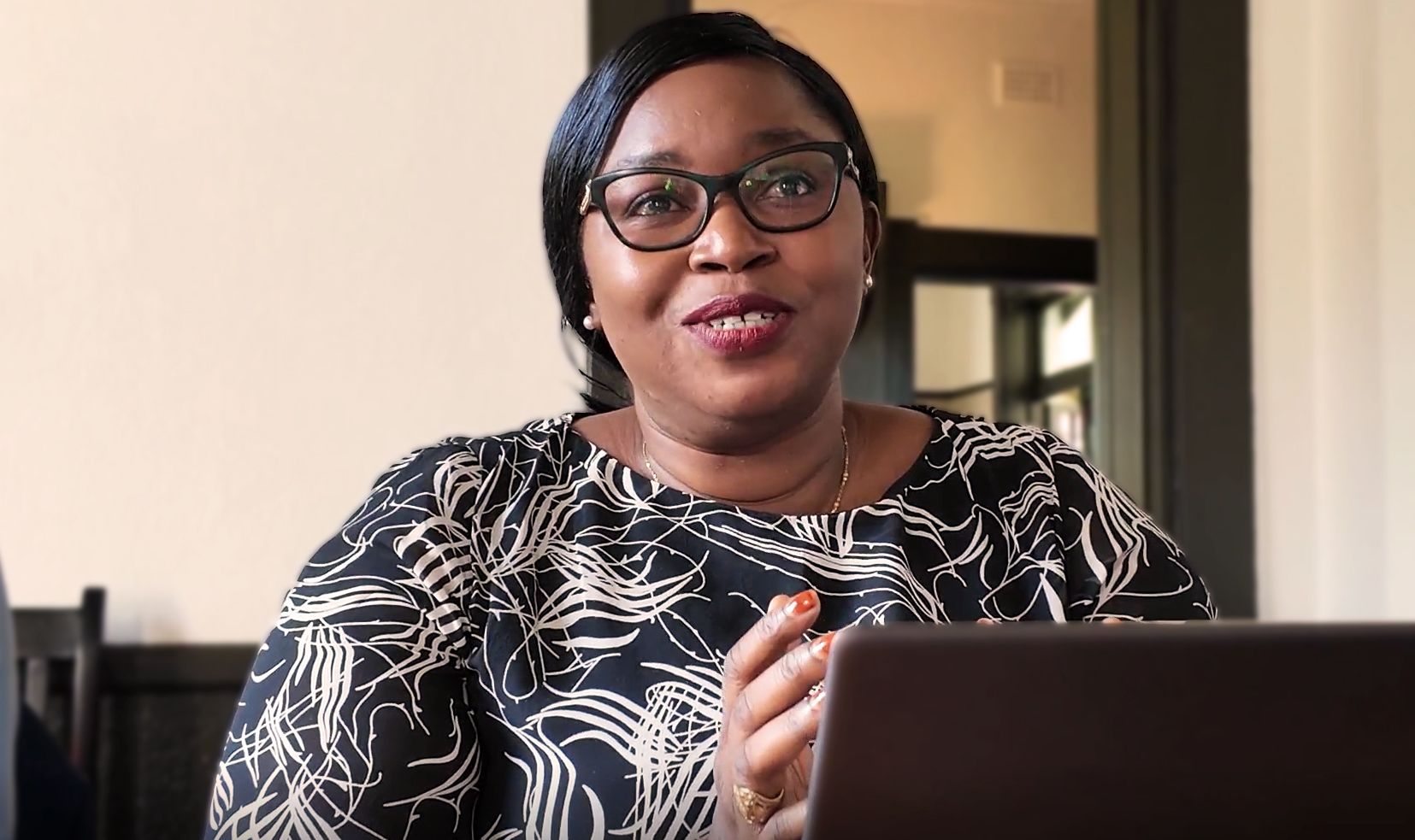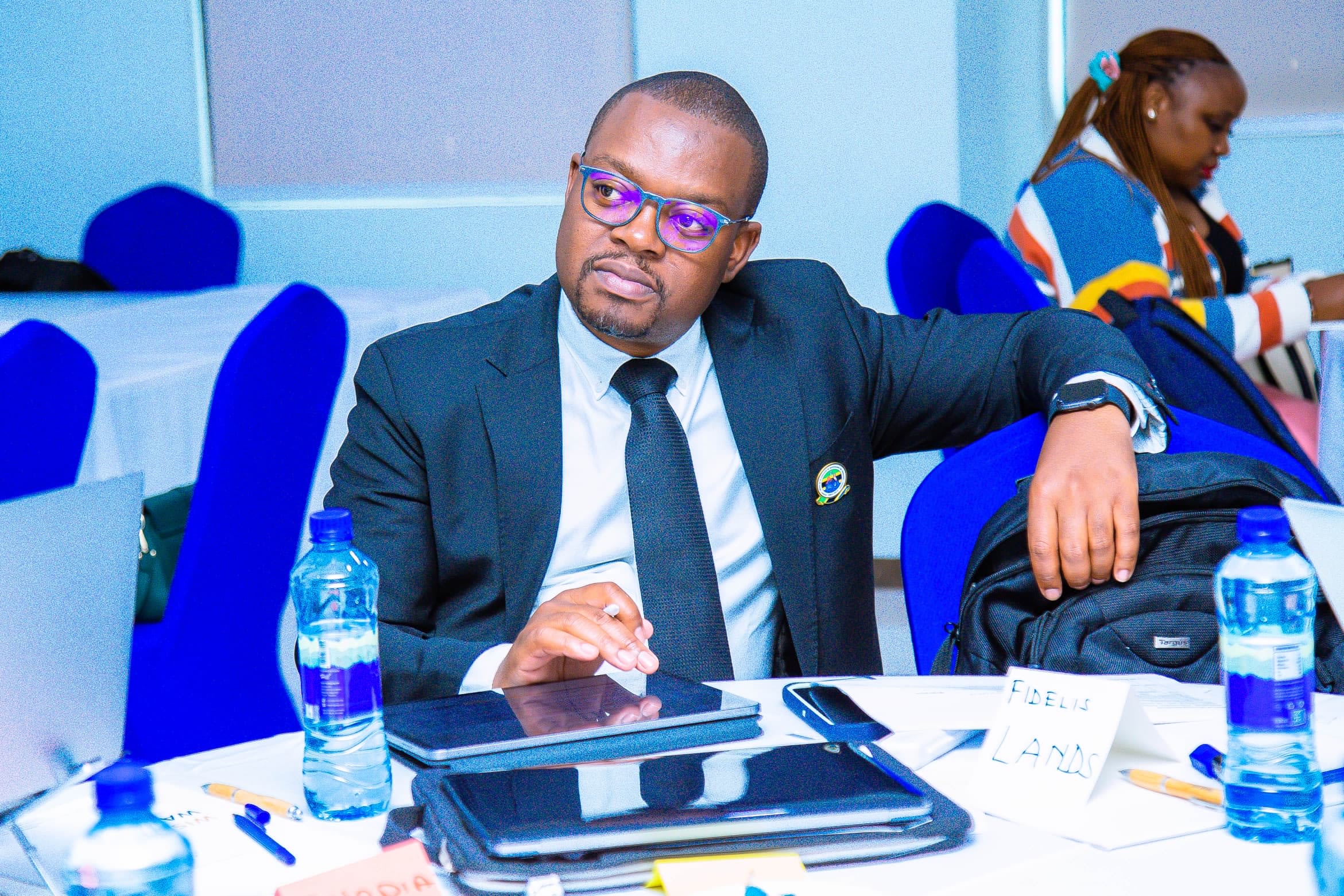Tanzania
Transforming Tanzania’s Monitoring and Evaluation System for Lasting Change

“Now, people are asking for reports, asking for results,” said Ms. Sakina Mwinyimkuu, Director of Performance Monitoring and Evaluation at the Prime Minister’s Office. “They want to make decisions based on evidence. This cultural shift is a major win.”
The Centre for Learning on Evaluation and Results for Anglophone Africa (CLEAR-AA), an implementing partner of the Global Evaluation Initiative (GEI), has played a pivotal role in reshaping Tanzania’s approach to monitoring and evaluation (M&E). What was once a fragmented and underutilized system is now on the path to becoming robust and centralized, thanks to Tanzania’s bold reforms, political will and buy-in, and strategic partnerships with organizations like CLEAR-AA.
The government had previously recognized the importance of M&E—starting with the 1990s Public Service Reform Program—but progress had been inconsistent. Other priorities overshadowed M&E, leaving it poorly resourced and largely ignored. By 2020, it was apparent that Tanzania needed a radical overhaul to align its evaluation systems with its ambitious development goals, such as the Five-Year National Development Plan (FYDP-III), Tanzania Development Vision 2025 (TDV), and the United Nations Sustainable Development Goals.
The turning point came in 2019, when CLEAR-AA began collaborating with the government of Tanzania on a long-term basis to address the country’s specific needs through co-creation and technical support.
Key to this collaboration was the Monitoring and Evaluation Systems Analysis (MESA) conducted by CLEAR-AA in 2020/21 and revised in 2024. The study revealed significant weaknesses, including inadequate knowledge of M&E among government officials, poor indicator measurement, and limited coordination across agencies. Based on these findings, CLEAR-AA helped to develop an M&E capacity strengthening strategy and plan, which set out actionable steps to address the identified gaps.
“Collaborating with CLEAR-AA has been a turning point for a lot of monitoring and evaluation work in Tanzania,” said Ms. Mwinyimkuu, Director of Performance Monitoring and Evaluation at the Prime Minister’s Office. “Their support is going to change the way we do business in government.”
Ms. Sakina Mwinyimkuu, Director of Performance Monitoring and Evaluation at the Prime Minister’s Office

Mr. Taku Chirau, Deputy Director of CLEAR-AA
Building the Foundations of Change
One of the most tangible outcomes of the partnership was the establishment of the Performance Monitoring and Evaluation Division (PMED) under the Prime Minister’s Office in 2022. The PMED is tasked with coordinating M&E efforts across ministries, agencies, and local governments—a critical step in centralizing Tanzania’s fragmented M&E system.
The Prime Minister’s Office also began drafting a national evaluation manual and plan, co-created with CLEAR-AA. These documents provide standardized guidelines for conducting evaluations and ensure consistency, transparency, and quality across public institutions. The manual, finalized in 2023, and approved in 2024, is expected to strengthen the evaluation culture and promote evidence-based policy making.
“True outcome and impact measurement transforms M&E from a passive record keeping to an active storyteller of meaningful transformation, where success is measured not by what we do, but by the profound changes in relation to service delivery that we bring to citizenry,” said Dr. Chirau, Deputy Director of CLEAR-AA.
CLEAR-AA’s influence extends far beyond frameworks and policies. Recognizing the importance of human capacity, the organization has focused heavily on training government officials. Beginning in 2019 with a workshop attended by 40 participants from 8 ministries, CLEAR-AA introduced Tanzanian officials to advanced M&E methodologies, including equitable evaluations and the OECD Development Assistance Committee (DAC) approach—which sets international standards for tracking, assessing, and improving the effectiveness of development assistance to promote sustainable development.
By 2024, over 300 participants, including M&E officers from ministries, departments, agencies and local government authorities, had attended capacity building workshops with an emphasis on practical skills, such as designing effective M&E systems, communicating results, and ensuring evaluations are inclusive and equitable. The result? Officials now view M&E as a tool for decision-making rather than mere compliance.
Expanding Impact Through Collaboration
CLEAR-AA’s work in Tanzania highlights the transformative impact of partnerships in strengthening the country’s M&E system. By convening stakeholders from government, development partners, academia, and civil society, CLEAR-AA has helped foster collaboration and a shared commitment to improving M&E practices.
Key initiatives include training government officials on effective M&E system design and equitable evaluations in partnership with DEval at the 2023 Monitoring, Evaluation, and Learning conference, as well as facilitating knowledge exchange through staff participation in international conferences and a learning visit to South Africa’s Department for Planning, Monitoring, and Evaluation in 2024. These efforts have advanced Tanzania’s capacity for evidence-based decision-making and institutionalized evaluations.
While significant progress has been made, challenges remain. Data quality continues to be a concern, particularly at the local level, where capacity is limited.
“We are trying to build a strong culture for M&E and evidence-informed decision-making,” said Ms. Mwinyimkuu. This includes improving data collection and reporting practices and ensuring that evaluations are strategic and impactful.
To address these challenges, the government plans to enhance training, organize study tours to countries with advanced M&E systems, and boost visibility of M&E in the country.
Early Wins and a Vision for the Future
Early successes have highlighted the potential of a strong M&E system to drive impactful development in Tanzania. One notable example is the evaluation of the Agricultural Sector Development Programme Phase Two (ASDP II), supported by CLEAR-AA, GEI, DEval, and the Government of Finland. This rigorous, government-led evaluation is setting a precedent for how evidence can inform large-scale development programs, while simultaneously incorporating a robust capacity building component. Through a ‘learning-by-doing’ approach, government officials are building expertise in evaluations, with plans to expand M&E units, enhance capacity, and strengthen partnerships to sustain progress.
“Strengthening Tanzania’s M&E system will not be an event but a process,” said Ms. Sinenhlanhla Tsekiso, Programme Manager at CLEAR-AA. “The fruits of our efforts will be reaped in the future, but we are enjoying the quick wins now.”
Tanzania’s M&E transformation is not just a national success story; it’s a model for other countries grappling with similar challenges. By prioritizing collaboration, with organizations like CLEAR-AA and GEI, capacity building, and a culture of evidence-based decision-making, Tanzania is proving that systemic change is possible—even in the face of entrenched challenges.
“CLEAR-AA helped me to open my eyes and see the light,” concluded Ms. Mwinyimkuu. “Their support has had a profound impact—not just for today but for the years to come.”
Story by Graham Holliday



